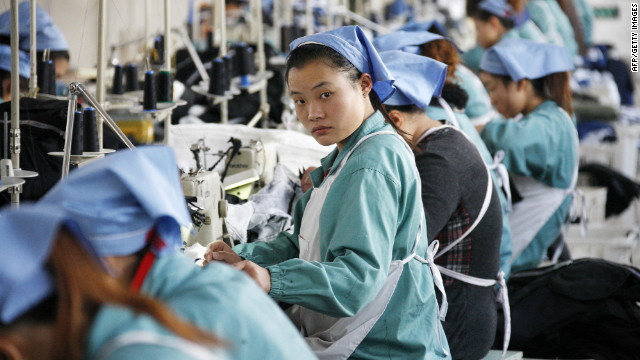Although they rarely see eye-to-eye on international trade issues, retailers have joined textile manufacturers in protesting President Barack Obama's ban on lobbyists serving on advisory panels. On September 23, the Obama administration announced that in the interest of reducing the influence of special interests, registered lobbyists no longer would be able to serve on committees created by Congress to advise the government on trade issues; and last week, US Trade Representative Ron Kirk and Commerce Secretary Gary Locke wrote to advisory panel members over whom they have jurisdiction advising they that they no longer would be invited to serve when their terms expire in February.
The National Retail Federation has asked the president to reconsider his action, as have representatives of the US textile and apparel industries.
In a letter sent to President Obama and leaders of Congress, Eric Autor, vice president and international trade counsel for the National Retail Federation, questioned the premise for the ruling saying, "A primary reason the Administration has identified for instituting the policy is to reduce the influence of 'special interests' in Washington, but this begs the question of how does one identify the public interest in trade and why would inclusion on trade advisory committees of public policy advocates representing all sectors of the US economy be inimical with the public interest however defined."
Autor also disputed the contention that removing trade association lobbyists from the committees would allow more small businesses to have a voice in international trade issues. He said most small businesses do not have the technical expertise to advise policy makers and rely on experts in their trade associations to do so on their behalf.
Cass Johnson, president of the National Council of Textile Organizations made the same point, saying the action will actually hurt small businesses and favor large Fortune 500 companies that can afford to have both lobbyists and other experts to serve on advisory committees. Johnson, who currently serves on an advisory panel, said the order sharply reduces the ability of small- and medium-sized textile companies and their workers to have a voice during internal government deliberations on trade policy issues.
Autor said that if the administration's interest is to ensure inclusiveness on the committees in order to advance the public interest, participation on advisory committees should be broadened, not restricted.
|




